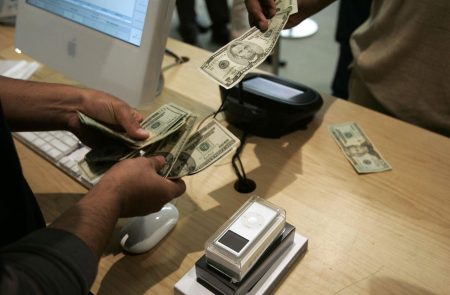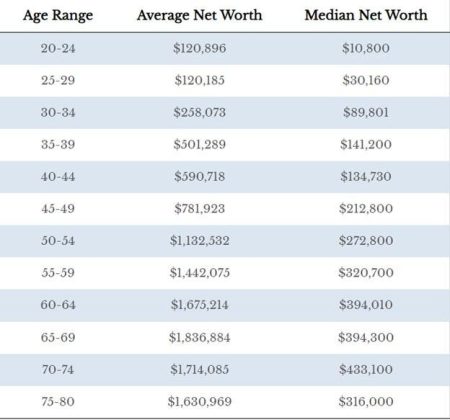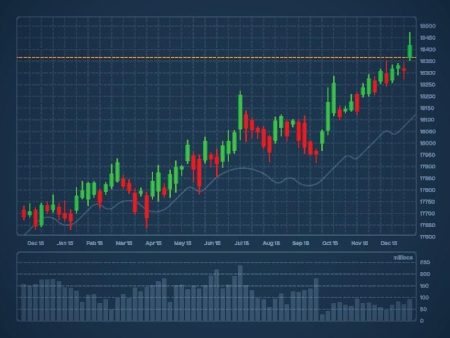Thanksgiving is an appropriate time to be thankful for the rich bounty that stocks have given us this year, but it is also a crucial time to consider the “turkey problem” as it relates to investing. Nassim Taleb introduced the world to the “Black Swan” and used this tale to illustrate the concept. Imagine the life of a turkey where a kind farmer feeds and tends to it every day until suddenly, on the day before Thanksgiving; the situation takes an irrevocable turn for the worse. The turkey has only observed a positive trend during its lifetime up until that fateful Wednesday. The turkey is at its fattest and happiest at a point that turns out to be the time of maximum risk. Investors must beware when the trends look obvious and making money seems effortless: “The same hand that feeds you can be the one that wrings your neck.”
This “turkey problem” illustrates the automatic human response in expecting trends to continue, as we all have a built-in tendency to see patterns even when they do not exist. According to Jason Zweig in Your Money & Your Brain, this propensity to look for patterns is part of our evolutionary survival mechanism since our primitive brains were tuned to the immutable physical laws of nature, like when lightning strikes, thunder follows. In addition, humans also suffer from “recency bias.” In other words, we weigh recent experiences more heavily when predicting future outcomes. These biases are why people expect stocks to continue to rise if they have increased recently. Indeed, there is convincing evidence of momentum in stock returns, but this is not an unfailing natural law. Instead, this tendency for stocks to continue to perform well does not always work, and the signal tends to erode and eventually reverse. Investors using price momentum would be wise to have a systematic process to implement the strategy across a portfolio of stocks with a strict sell discipline. Stocks and the financial markets do not follow the rules of nature, so our trend-seeking behavior can often lead us to make poor choices.
A “turkey problem” period that comes to mind is the technology bubble associated with the rise of the internet. During this period, internet-related companies dominated returns despite, in many cases, having no profits. As a proxy for these tech leaders, the NASDAQ
NDAQ
BRK.B
While the internet certainly changed the world and how we live, many of these companies never survived to profitability or were priced to perfection at the peak of the market. Like the Thanksgiving turkey, the day of reckoning came while the future still looked bright in March 2000. The NASDAQ 100 plunged by a whopping 83% over the next two and a half years and didn’t regain the losses until November 2015! The S&P 500 was almost cut in half during that period but rebounded more quickly to reach its old high in May 2007. Even companies like Amazon
AMZN
Stocks since the March 2020 pandemic lows have seen strong returns with technology stocks, and in particular, the Magnificent 7 has been stellar. Recall the Magnificent 7 consists of Microsoft
MSFT
FB
AAPL
NVDA
DIA
TSLA
Turning to the investment greats can also help in battling the influence of the unconscious mind and being mindful of risk. Warren Buffett said that The Intelligent Investor by Benjamin Graham changed his life and points to chapters eight and twenty as worthy of particular focus. Chapter eight tells us to analyze stocks as businesses, not just pieces of paper. Also, investors shouldn’t react to short-term fluctuations but rather take advantage of the market rather than expecting it to guide their decisions. Buffett says, “If you own your stocks as an investment – just like you’d own an apartment, house, or a farm – look at them as a business.”
Chapter 20 provides the basis for value investing, as investors should buy below the “indicated or appraised value.” Value can be defined as the present value of the cash that the owners will receive from the company. If one buys enough below this estimated value, there should be a reasonable return even if the analysis isn’t perfect. Buffett says, “You can’t precisely know what a stock is worth, so leave yourself a margin of safety. Only go into things where you could be wrong to some extent and come out OK.”
Often, when our brain tells us to flee from a declining stock market or chase the most recent fad, our long-term wealth would be better served by doing the opposite. It is worth pondering what Horace once said when you sit down to enjoy your Thanksgiving turkey: “Many shall be restored that now are fallen and many shall fall that now are in honor.”
Read the full article here









